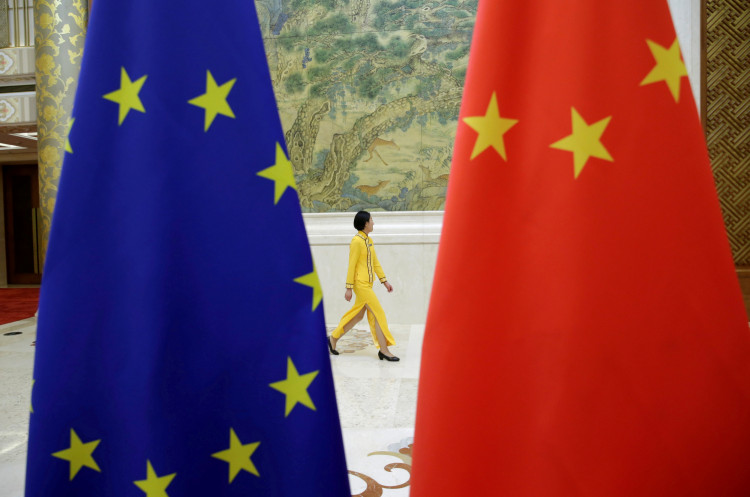China announced Friday it will impose preliminary anti-dumping duties of up to 62.4% on pork imports from the European Union, a move that intensifies the trade standoff triggered by Brussels' tariffs on Chinese electric vehicles.
The Ministry of Commerce said its investigation found European producers were "dumping" pork and pig by-products at below-market prices, causing "substantial damage" to China's domestic industry. Duties will take effect September 10 and range from 15.6% to 32.7% for companies that cooperated in the probe, while all others face the maximum rate of 62.4%.
The tariffs affect a $2 billion market dominated by Spain, Denmark, and the Netherlands, which together account for nearly half of EU pork exports to China. Much of the trade involves offal-such as pig ears, feet, and intestines-products that command high value in Chinese cuisine but have limited alternative markets.
"This is worrying news for us. We're concerned about the impact this will have on prices on the European market," said Anne Richard, director of French pork industry association INAPORC.
The European Commission denounced the findings, calling them "questionable allegations and insufficient evidence." A spokesperson said Brussels would "take all the necessary steps to defend our producers and industry."
China launched the investigation in June 2023, just days after the EU unveiled tariffs on Chinese-made EVs. The probe is widely seen as retaliation, with Beijing pressing Brussels to replace the duties with a minimum-price commitment from Chinese automakers-a proposal that has stalled in negotiations.
This is not China's only action against European goods. In addition to pork, Beijing has imposed duties on EU brandy and opened cases into dairy exports. The brandy probe last year hit French cognac makers, though major producers received exemptions after agreeing to price conditions.
EU pork shipments to China peaked at €7.4 billion ($7.9 billion) in 2020, when African swine fever devastated Chinese herds. Exports fell to €2.5 billion in 2023, nearly half from Spain, underscoring the bloc's dependence on Chinese demand.






